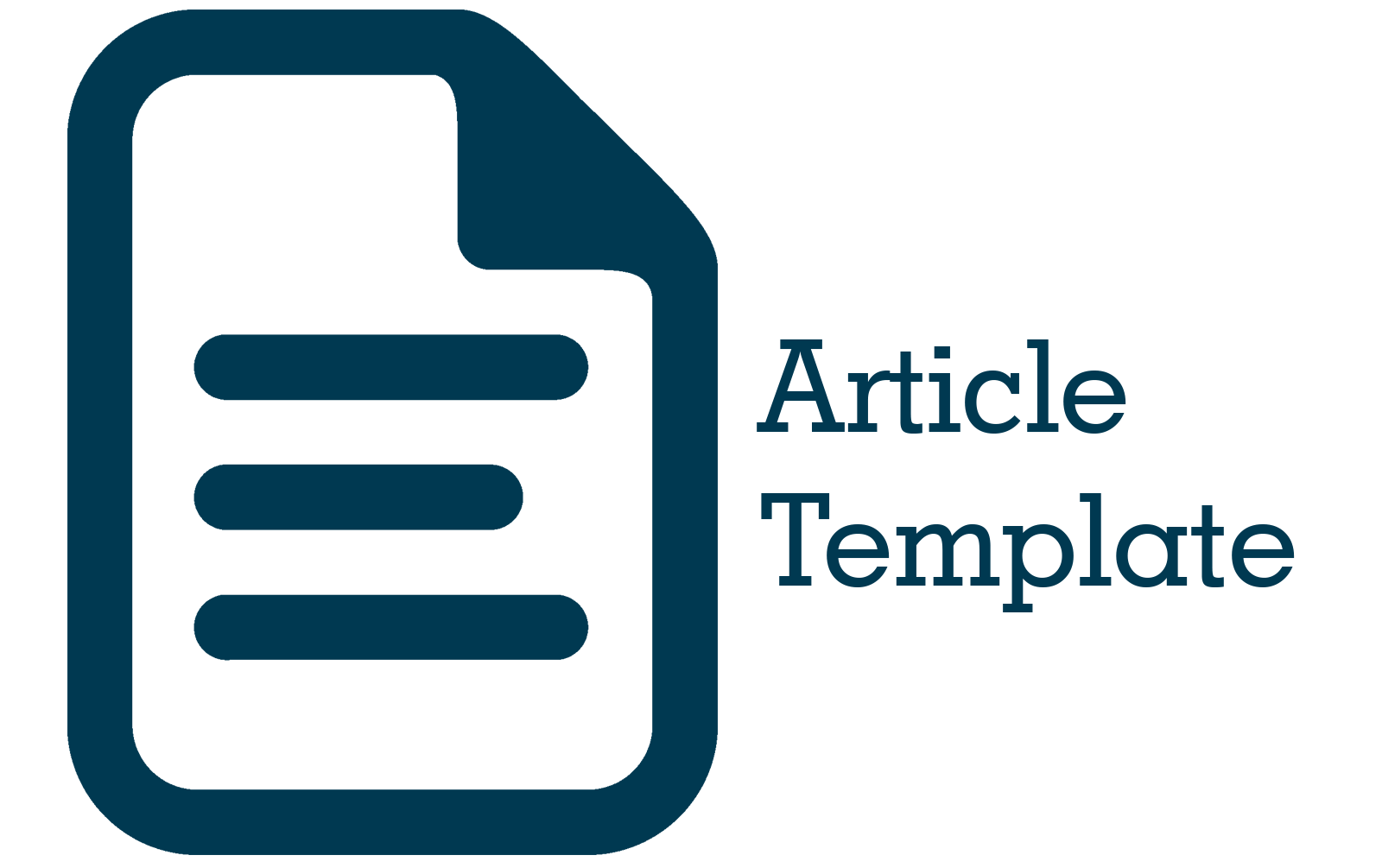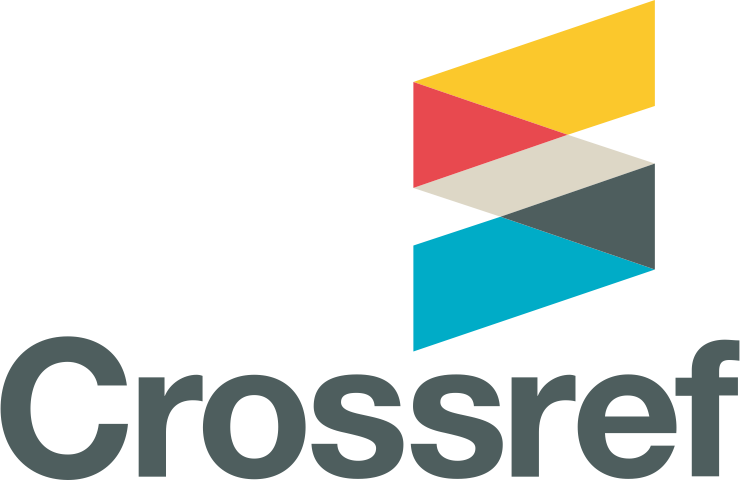About the Journal
Focus and Scope
Journal of Applied Intelligent System (JAIS) is published by LPPM Universitas Dian Nuswantoro Semarang, which focuses on research in intelligent systems.
Topics of interest include, but are not limited to:
Biometric, image processing, computer vision, knowledge discovery in database, information retrieval, computational intelligence, fuzzy logic, signal processing, speech recognition, speech synthesis, natural language processing, data mining, adaptive game AI, smart city technology and frameworks.
Peer Review Process
All submitted manuscripts undergo an anonymous (double-blind) peer review process by reviewers appointed by the editorial team according to their areas of expertise. The peer review process generally takes approximately 4–6 weeks from the date of submission. The final decision regarding acceptance or rejection of the manuscript will be communicated to the authors in writing via email. Authors are provided with a revision period of two weeks to make improvements to their manuscripts based on the reviewers’ and editors’ suggestions and recommendations.
Open Access Policy
This journal provides immediate open access to its content on the principle that making research freely available to the public supports a greater global exchange of knowledge.
Publication Ethics
These guidelines are designed to ensure the integrity, quality, and ethical conduct of research published in the "Journal of Applied Intelligent System." Authors, reviewers, and editors are expected to adhere to these principles to maintain the credibility and reputation of the journal within the scientific community.
1. Authorship and Contributorship:
- All authors must have made significant contributions to the research presented in the manuscript and should be listed as co-authors.
- It is important to acknowledge the contributions of all individuals who have significantly contributed to the work but do not meet the criteria for authorship.
2. Originality and Plagiarism:
- Manuscripts submitted to the journal must be original work of the authors.
- Plagiarism in any form, including self-plagiarism, is unacceptable.
- Authors should appropriately cite and reference the work and ideas of others.
3. Conflict of Interest:
- Authors must disclose any financial or personal relationships that may influence the research or its interpretation in the manuscript.
- Editors and reviewers must also declare any conflicts of interest that could affect their impartiality in evaluating the manuscript.
4. Data Integrity and Reproducibility:
- Authors should provide accurate and complete data and should not manipulate or falsify research results.
- Raw data supporting the findings in the manuscript should be made available to editors and reviewers upon request.
- Authors should provide sufficient detail and methodology to allow others to replicate the research.
5. Ethical Treatment of Subjects:
- Research involving human subjects or animals must have been conducted in accordance with relevant ethical standards and regulations.
- Authors must obtain appropriate informed consent from human subjects and must minimize harm to participants in their research.
6. Review Process:
- The peer review process should be fair, objective, and timely.
- Reviewers and editors should evaluate manuscripts based on their scientific merit, originality, and relevance to the journal's scope.
- Reviewers should provide constructive feedback to authors to help improve the quality of their work.
7. Publication and Author Responsibilities:
- Authors are responsible for ensuring that their manuscripts comply with the journal's formatting and submission guidelines.
- Authors should promptly inform the editor if they discover any significant errors or inaccuracies in their published work.
- Authors should not submit the same manuscript to multiple journals simultaneously.
8. Corrections and Retractions:
- The journal will consider issuing corrections, retractions, or expressions of concern if errors or ethical issues are identified in published articles.
- Corrections and retractions should be issued transparently and promptly to maintain the integrity of the scientific record.
9. Editorial Independence:
- Editorial decisions should be based solely on the scientific merit of the manuscript and its relevance to the journal's scope.
- Editors should not allow personal or professional biases to influence their decision-making process.
10. Confidentiality:
- Editors, reviewers, and staff members must maintain the confidentiality of unpublished manuscripts and should not use the information for their personal gain.
Licensing and Copyright
All published articles in this journal are licensed under the Creative Commons Attribution-NonCommercial 4.0 International License (CC BY-NC 4.0).
Under this license:
- Others may copy, distribute, display, and build upon the work,
- For non-commercial purposes only,
- With proper attribution to the original author(s) and the source.
- Any reuse for commercial purposes requires prior permission from the author(s).
Authors retain full copyright over their work while granting the journal the right to publish and distribute the article.
Author Rights
Authors have the right to:
- Use their work for non-commercial purposes,
- Archive their published article in institutional repositories,
- Share and promote their work freely, provided proper citation is maintained.
Article Processing Charges (APC)
To support the cost of editorial processes, peer review, layout editing, and online hosting, Journal of Applied Intelligent System applies an Article Processing Charge (APC) of IDR 750.000 or USD 50 per accepted article.
- The APC is payable only after the article has been accepted for publication.
- There are no submission charges.
- Payment instructions will be provided with the acceptance notification.
Benefits of Open Access
- Enhanced global visibility and reach,
- Greater citation potential,
- Increased societal and academic impact,
- Contribution to open science and knowledge democratization.
Archiving and Digital Preservation
All published articles are permanently archived in institutional repositories and digital preservation systems to ensure long-term accessibility and discoverability.








